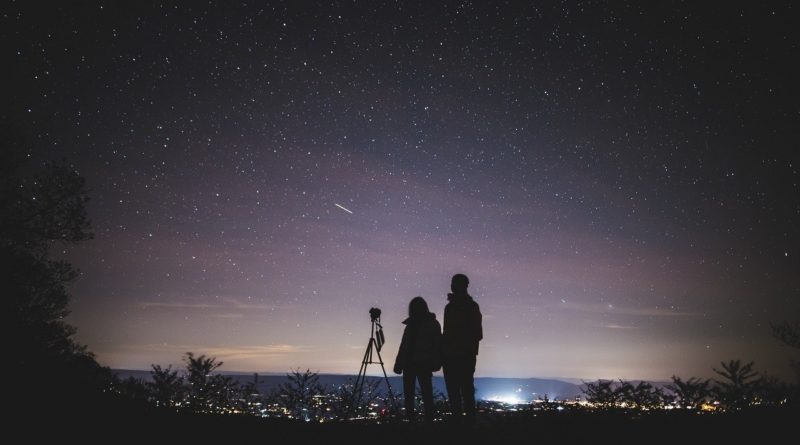Free Half Term Activity: Stargaze at the New Moon Tonight!
New to stargazing? Wheelwrights, a holiday property managers in the Lake District, based in Elterwater, have put together a beginner’s guide on viewing the stars. They also list the best spots in the Lake District to stargaze this half term, and where to stay nearby.
There’s nothing more magical than a night under the stars, looking for constellations as a family and wowing the little ones. To help you plan your half term, Wheelwrights have listed the best stargazing spots in the Lake District, as well as a beginner’s guide to stargazing.
A Beginner’s Guide to Stargazing
New to stargazing? Here’s a few tips to get you started, with help from expert Neil Sanders at Go Stargazing, the dark skies charity.
1. Travel somewhere dark
It sounds obvious, but the level of darkness has a big impact on how many stars you can see. Head somewhere rural, or semi rural, away from the lights of towns and cities. The further away from cities you get, the more you’ll see. Also, make sure to check the phase of the moon, as a full moon will reduce the amount of stars you can see.
2. Dress appropriately
The evenings and the nights especially in the winter can be cold, so go prepared with lots of warm layers. Multiple layers are better than singular thick layers as they trap air between them and increase insulation. Look for gloves with removable mittens so you can operate telescopes or binoculars.
3. Take a red torch
It takes 30 minutes for your eyes to adjust to darkness enough to view the stars, and If you see any white light, your eyes will reset, and you won’t be able to see as many constellations. Taking a red light torch will help you navigate without losing your dark adapted vision. Leave your phone in your pocket!
4. Equipment
You don’t need any equipment to start stargazing, although you will undoubtedly see more with binoculars or telescopes., as these capture more than our eyes can see. If you’re new to star gazing, don’t forget to look at star charts to help you know what you’re looking at. You can find plenty of these online.
Light Pollution – what is it, and why does it matter?
Stargazing has been a human pastime since the dawn of time. Light and space pollution are making it increasingly difficult to see stars with the naked eye. These are anything causing artificial light, from lampposts to satellites.
From a light polluted city to a dark sky site (credited area to view the stars) there might be a difference of 200 to 3000 stars visible. Not only does light pollution affect our view of the light sky, it also affects nature, confusing both nocturnal and diurnal animals, and even affects us and our sleep patterns.
You can help reduce light pollution by lighting just the areas you need, and shielding lights, pointing them downwards. Additionally, using less bright bulbs and using timers can really help.
The Best Stargazing Spots in the Lakes
Boasting 2 accredited dark discovery sites, The Lake District is a great place to see the night’s sky in all its glory, and a great spot for romantic getaways. See the best spot to see the stars in the Lakes, below.
Allan Bank and Grasmere
A dark sky discovery site, this National Trust house and surrounding woodlands allow a perfect view of Orion, the winter constellation, with the naked eye. Stay over in one of the many fabulous cottages in the Lake District nearby for the perfect Valentine’s trip away.
Langdale Valley
Due to its steep sides, the valley shelter this area from man made light, making it a great spot for stargazing. With plenty to do in the surrounding area including pubs, shops and camping grounds, it makes for a great romantic date spot.
Grizdale Forest
Grizdale Forest can be found in the centre of the Lake District World Heritage Site, with plenty of local campsites and forest trails. The quiet, rural landscapes makes for a great spot to view the night’s sky in all it’s unpolluted glory.
Low Gillerthwaite Field Centre
This centre, hidden along a forest track near Ennerdale Water, is a free open access spot to view the most spectacular night sky. Remote and unlit, surrounded by mountainous terrain, the centre boasts a milky way class level discovery site, meaning the whole of the milky way can be viewed from this spot.






